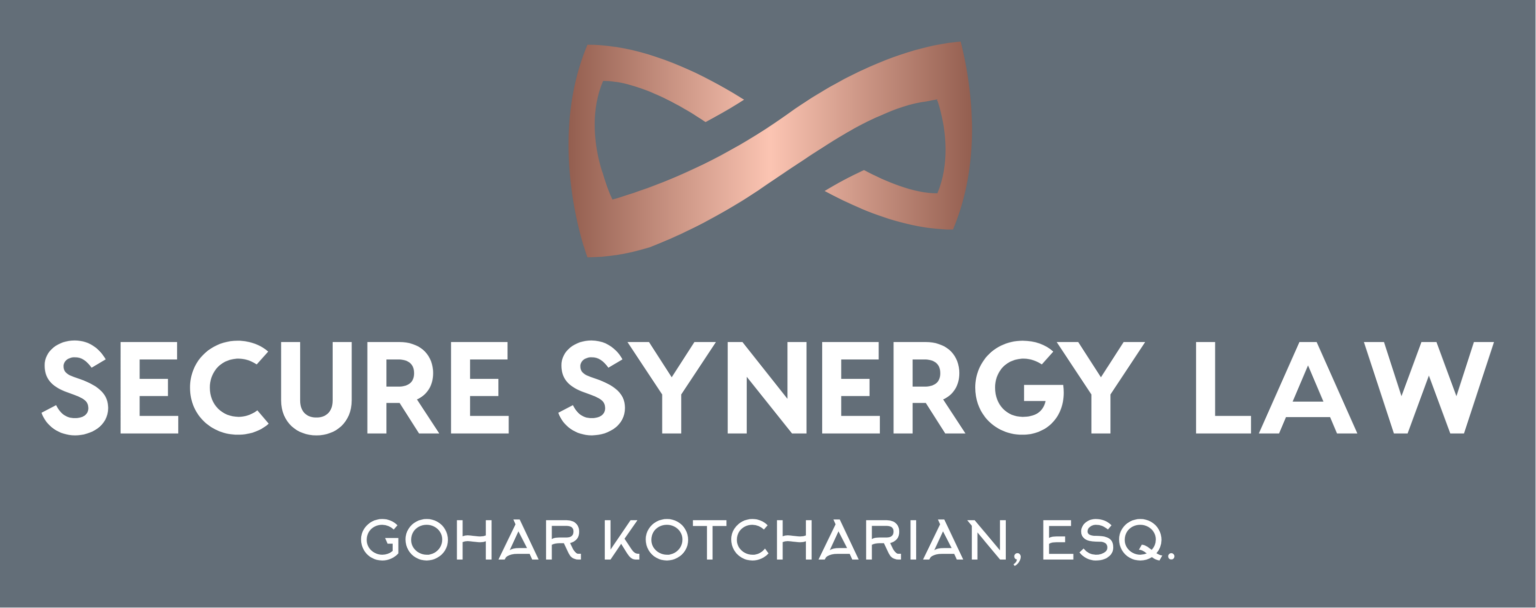News
Europe's Artificial Intelligence Act
In a landmark move on December 8th, the European Union set a global benchmark by reaching a political consensus on the world’s inaugural comprehensive regulation of artificial intelligence, dubbed the Artificial Intelligence Act. This pioneering legislation marks a significant advance in the EU’s efforts to govern the burgeoning field of Artificial Intelligence (AI), introducing a framework aimed at safeguarding citizens’ rights while fostering innovation within the digital landscape.
At the heart of the Artificial Intelligence Act is its nuanced, risk-based classification system, which categorizes AI applications into four levels of risk: unacceptable, high, limited, and minimal or none. This system lays the groundwork for a regulatory environment where AI technologies deemed to present unacceptable risks, including those employed for governmental social scoring or manipulative objectives, are outright banned. Meanwhile, high-risk applications, such as those integral to critical infrastructure or utilized in law enforcement, will be subjected to rigorous safety and rights compliance measures.
The legislation takes a firm stance against practices that jeopardize the rights of individuals and the fabric of democracy, outlawing specific AI applications including real-time remote biometric identification in public settings, social scoring systems, and technologies designed to manipulate human behavior. It establishes stringent conditions for the law enforcement’s use of biometric identification, allowing it only under strict circumstances and with judicial oversight.
A key component of the AI Act is its emphasis on transparency and accountability for AI systems, particularly those classified as high-risk. AI technologies employed in political campaigning to sway voters and in the recommendation algorithms of major social media platforms will now be under tight scrutiny, ensuring they adhere to strict regulatory standards.
The legislation also champions consumer rights, enabling individuals to lodge complaints and seek explanations for decisions rendered by high-risk AI systems that have a significant impact on their lives. Furthermore, it promotes technological innovation and support for small and medium-sized enterprises (SMEs) by introducing regulatory sandboxes and testing environments tailored to aid the development of AI solutions.
Non-compliance with the AI Act carries hefty penalties, with fines ranging from 1.5% to 7% of a company’s global turnover, depending on the violation’s severity. This enforcement mechanism underscores the EU’s commitment to ensuring AI technologies are developed and deployed responsibly.
Designed to be dynamic and adaptable, the AI Act acknowledges the fast-paced evolution of AI technology, providing a flexible framework that can be updated in response to technological advancements. The EU’s Artificial Intelligence Act thus represents a groundbreaking step towards a future where AI is developed and used in a manner that is safe, ethical, and aligned with fundamental rights and democratic values, all the while stimulating innovation and economic competitiveness.
